As explained earlier in our blog post related to Proteins and Dietary Nutrition, proteins being made of amino acids, constitute a major fundamental part of our body, including structural and muscle tissues. There are several types of proteins that can be found in our body including but not limited to: Collagen, Hemoglobin, Actin, Myosin, Albumin.
Collagen is the most abundant protein in the human body. Collagen can be found in major structural and connective tissues, such as skin, tendons, ligaments, and bones. To emphasize the importance of collagen, the body of an average person with 70 kg weight, contains around 2.5 kg to 3 kg of collagen . Due to the abundance and significance of collagen in our body, it plays a major role in many functions of human body which can be summarized as below:
1- Structural Support: One of the most fundamental roles of collagen is to act as a foundational component of various connective tissues, including but not limited to skin, tendons, bones and ligaments. It provides the critical task of rendering resilience, elasticity, and structural stability to these tissues, enabling them to function efficiently.
2- Skin Vitality: Acting as pivotal basis of the extracellular matrix within the skin, collagen not only reinforces and replenishes the skin’s hydration but also preserves its flexibility and firmness. The natural drop in collagen production with age results in the appearance of wrinkles, sagging, and other manifestations of the aging process. Therefore, any process that elicit production of collagen can reverse and ameliorate the skin ageing process.
3- Joint Health: Cartilage, the cushioning agent within joints, directly feeds on the presence of collagen. It is this very collagen that augments joint flexibility, control and restricts friction, and provides overall joint well-being. Needless to say, the importance of collagen with age for this specific purpose becomes increasingly evident.
4- Bone Strength and Integrity: With respect to bone composition and health, collagen plays a critical role. It provides a scaffold-type of functionality onto which essential minerals like calcium and phosphorus rely on. Due to this property, bone structure is predominantly linked to collagen, which helps resist bone fractures and preserves bone health.
5- Wound Healing: During the process of wound healing, collagen again plays a very important role. It helps with constructing a foundation for new tissue growth, thereby accelerating the the closure of wounds and its healing process.
6- Hair and Nail Health: The robustness of nails and the vibrancy of hair are also directly attributed to collagen. Adequate collagen levels potentially contribute to reinforced and healthyu nail strength and enhanced hair growth.
7- Digestive Health: Collagen is also present in the lining of the gastrointestinal tract which in turn emphasizes on its importance in the digestive health. It potentially serves as a protective shield providing gut integrity and can assist in the healing and well-being of compromised intestinal walls.
8- Muscular Support and Function: Collagen plays an instrumental role in muscle integrity by providing an envelops to the muscles with its connective tissues. This, in turn, provides a framework for structural reinforcement. Thus the muscle tone, strength, and function can directly depends on collagen as well.
9- Cardiovascular Health: Among many known fucntions of collagen is its presence in the architecture of blood vessels. Its pivotal role in reinforcing the flexibility and functionality of arteries and veins contributes to cardiovascular health.
10- Accelerating Injury Recovery: It is not a secret that collagen supplements are a major go-to supplements for athletes and individuals recovering from injuries as they contribute and expedite tissue repair and recovery.
Sources of Collagen
There are two major sources of collagen:
1- Dietary Sources:
There are a few types of food that contain collagen and promote the production and synthesis of collagen in the body. The first is bone broth, specially grass-fed bovine (from cows) or grass-fed lamb broth. The therapeutic effect of bone broth to lower inflammation in the body has been already studied and demonstrated. The skins and cartilages contained in meet we consume also provide a significant amount of collagen that can supplement our daily collagen requirements. Finally, foods that contain gelatin also provide collagen and can be considered as a source of collagen.
It should be noted that gelatin is usually referred to collagen with longer molecular chains. Collagen peptide, however, is the product of breaking up of the gelatin into smaller individual molecular structure and thus is absorbed at a higher rate.
2- Supplements:
Collagen and Collagen peptide supplementation is also another way to increase the intake of this vital protein in our body. The supplements is usually available in various forms such as capsules, tablets, powder and liquid drinks. The sources of the collagen supplements can be bovine (from cows), porcine (from pig), marine (from fish bones) or chicken. The collagen peptide, from grass-fed animal-based sources are the recommended and highest quality collagen supplementation.
Each individual nutritional needs can vary, and dietary recommendations should be based on individual health conditions and requirements. For specific dietary advice, it’s best to consult with a healthcare professional if you suffer from any specific medical conditions.
References:
1- https://www.ncbi.nlm.nih.gov/pmc/articles/PMC8618064/
- Benefits and effects of Beta Alanine
- What are BCAAs and how do they fuel your fitness journey? A Comprehensive Guide
- “How to lose body fat -Top tips for successful fat loss”
- What are fats?
- What are Healthy Fats?
-
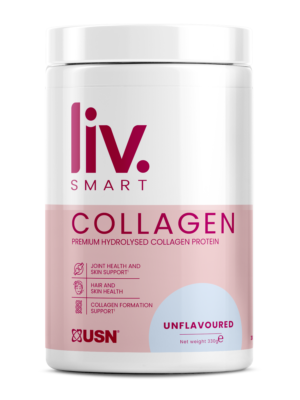 ExpressUSN Liv Smart Pure Collagen Unflavoured 330gProduct on saleAED129.00
ExpressUSN Liv Smart Pure Collagen Unflavoured 330gProduct on saleAED129.00 -
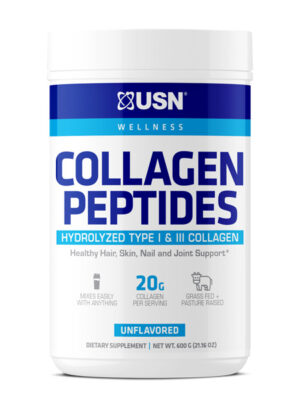 ExpressUSN Collagen Peptides 600g – Skin & Joint HealthProduct on saleAED168.00
ExpressUSN Collagen Peptides 600g – Skin & Joint HealthProduct on saleAED168.00


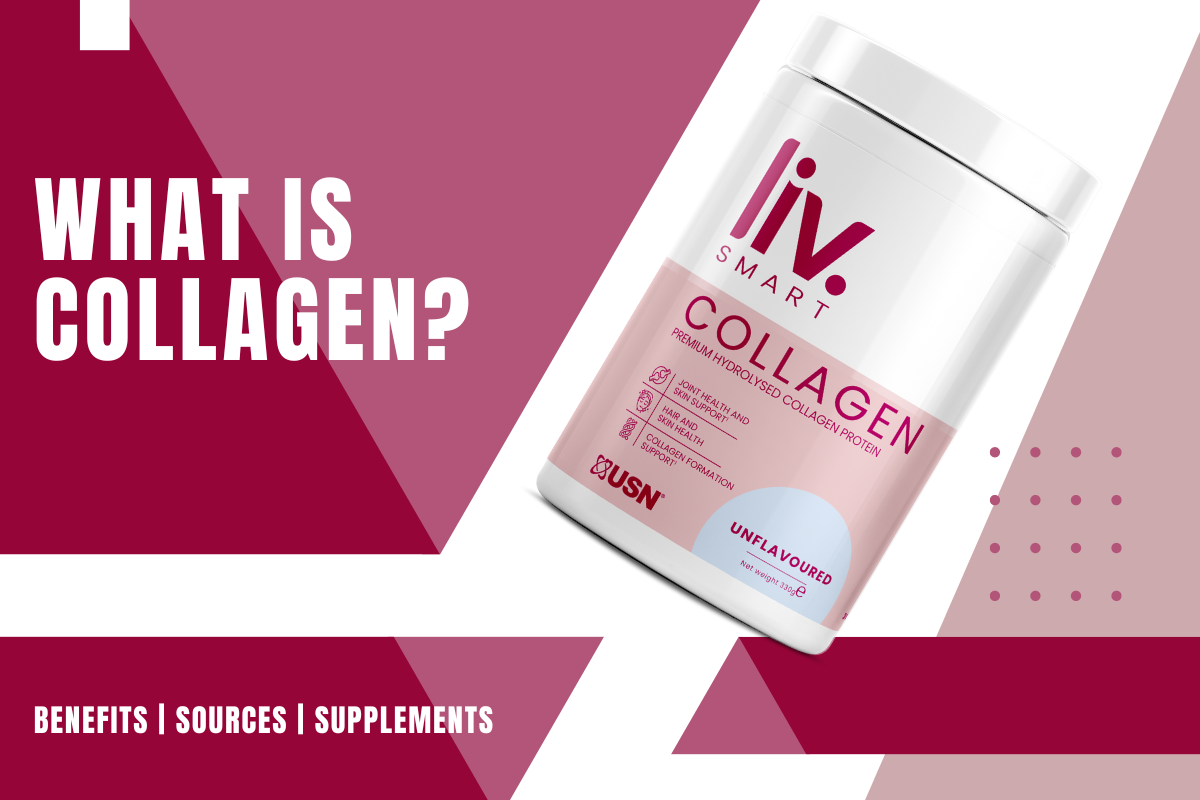
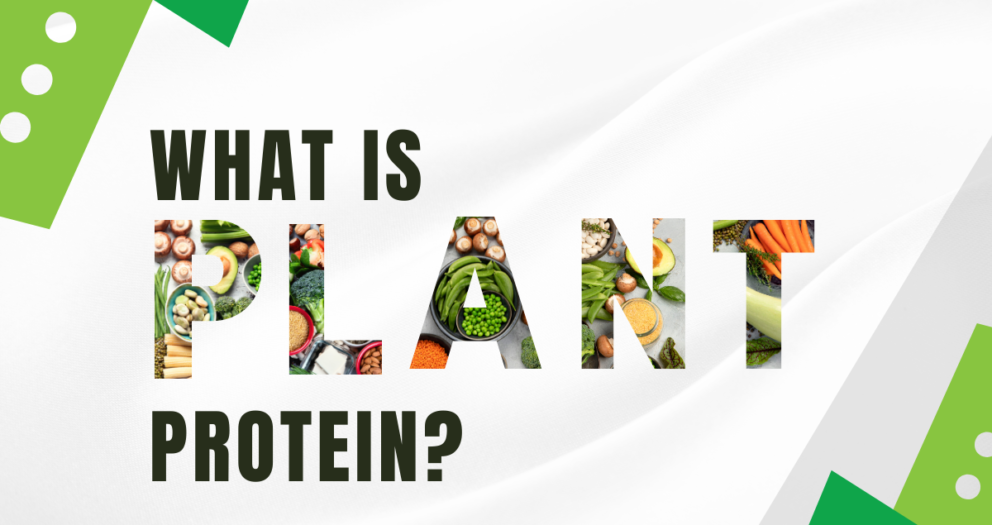
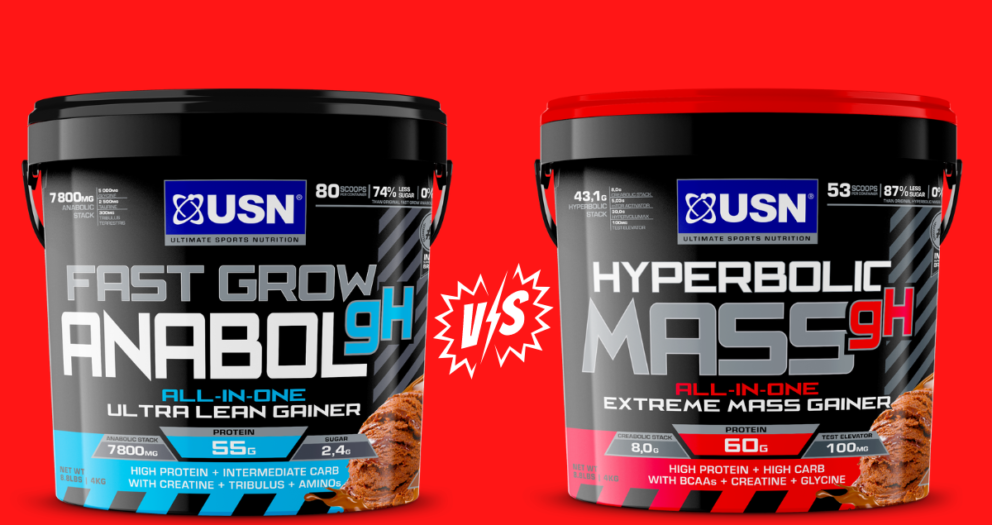
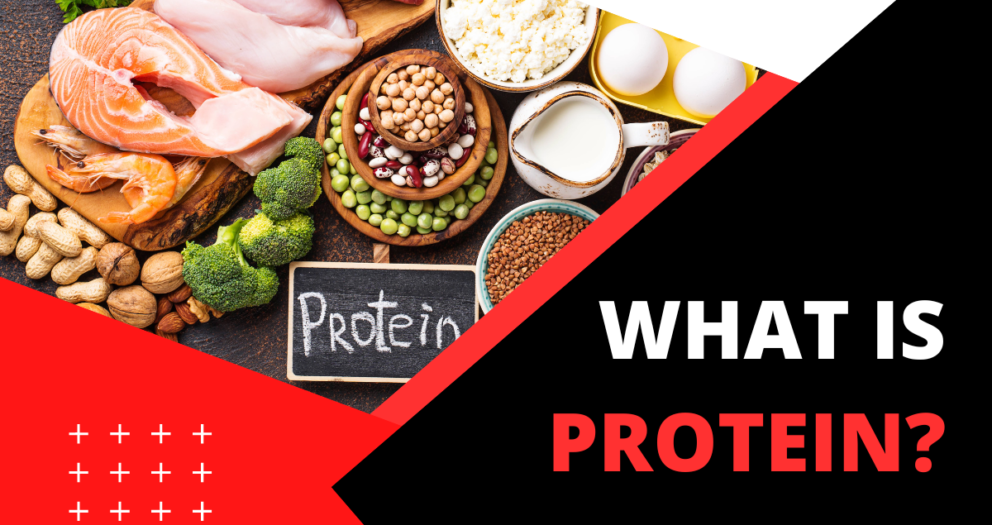
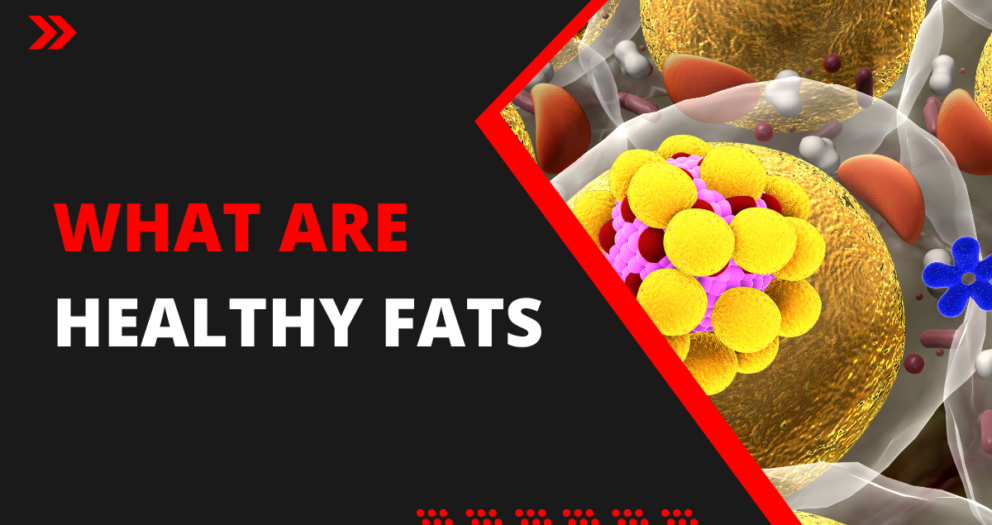

Leave a Reply